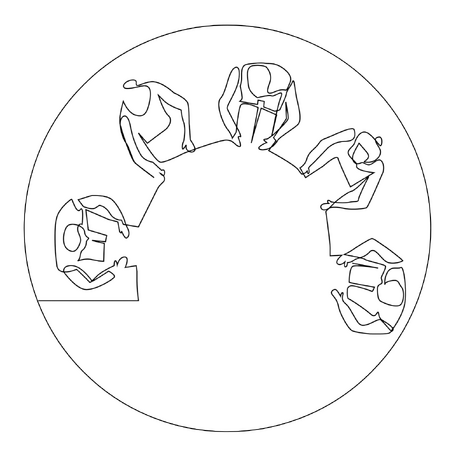Healing Centered Practice
3-Day in-person training for professionals in care-oriented fields
Prevent Burnout & Staff Turnover
When staff are constantly giving without replenishing, burnout becomes inevitable—leading to higher absenteeism, lower job satisfaction, and costly turnover. Investing in HCP training now can prevent long-term exhaustion and help staff stay engaged and resilient in their work.
Increase Efficiency & Effectiveness
When staff learn healing-centered tools, they can engage with clients more effectively, reduce reactive responses, and build trust faster. The time spent in training can save time down the road by improving staff’s ability to navigate challenges with clarity and regulation rather than exhaustion and frustration.
Immediate, Practical Workplace Tools
This isn’t just a theoretical training—it’s designed to directly enhance daily work. Participants leave with real, applicable skills that help them manage stress, respond to clients in more effective ways, and cultivate a healthier work environment.
Organizational Impact that Lasts
A healing-centered workforce creates a ripple effect: staff are more regulated, resilient, and engaged, which improves client interactions, team culture, and overall workplace morale. These shifts lead to better outcomes for both staff and the communities they serve.
This training is ideal for organizations and teams who are...

Onboarding new staff
Perfect for newly hired employees who need a foundational understanding of trauma, healing-centered practice, and how to engage with clients or colleagues in ways that prioritize safety, dignity, and compassion

Seeking alignment across programs or departments
Supports teams in developing a shared language and approach to trauma-informed work, helping eliminate confusion and inconsistencies that arise when different departments operate from conflicting frameworks

Conducting cross-departmental or interdisciplinary training
Useful for organizations aiming to reduce siloing by bringing staff together to co-create a unified, collaborative culture of care, accountability, and mutual understanding

Addressing complex, long-standing challenges
Tailored for programs working with individuals, families, or communities dealing with deep-seated issues including generational trauma, systemic harm, or cycles of violence which can exacerbate burnout, compassion fatigue, and vicarious trauma
Learning Outcomes
Self Awareness
Deepen self-awareness and unearth personal motivations, gaining clarity on how past experiences and internal patterns shape current behaviors and professional decisions.
Coping Pattern Insight
Recognize core coping strategies and strengths shaped by past experiences, while examining how these adaptive behaviors may now contribute to burnout and undermine long-term well-being.
Emotional Regulation
Strengthen capacity to stay emotionally centered, even in high-stress or emotionally charged situations by learning practical tools for self-regulation and stress recovery.
Accountability
Identify one's role in workplace dynamics, including conflict, with greater accountability and emotional intelligence, fostering a more collaborative and respectful team environment.
Values Alignment
Reclaim purpose and meaning in the work, shifting from reactive patterns to intentional, values-aligned engagement that supports both personal well-being and professional impact.
PACKAGE OPTIONS:
3-Day In-Person Leadership Training for organizations
Online access to HCP refresher courses
HCP Coaching for Organization-Wide Implementation

